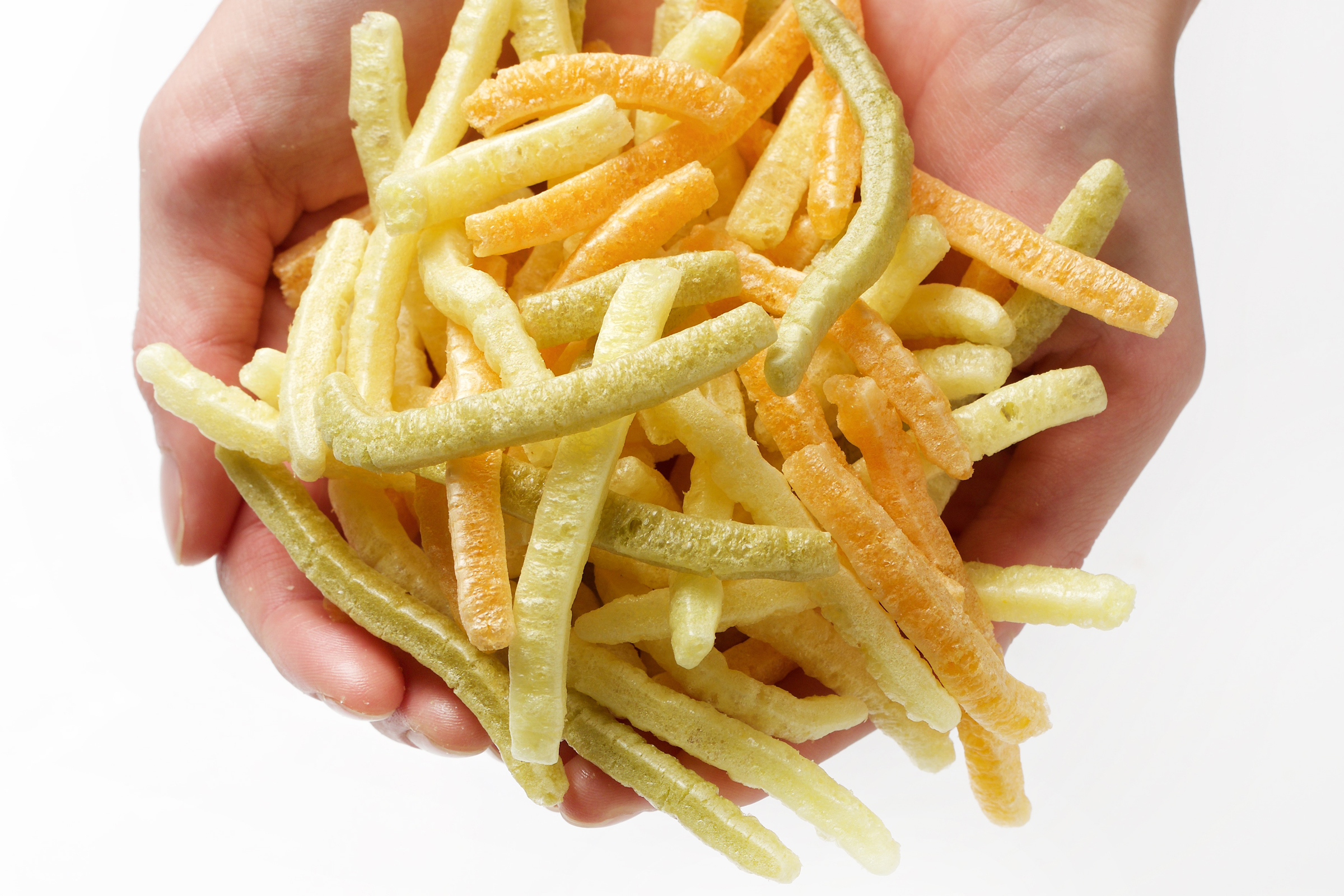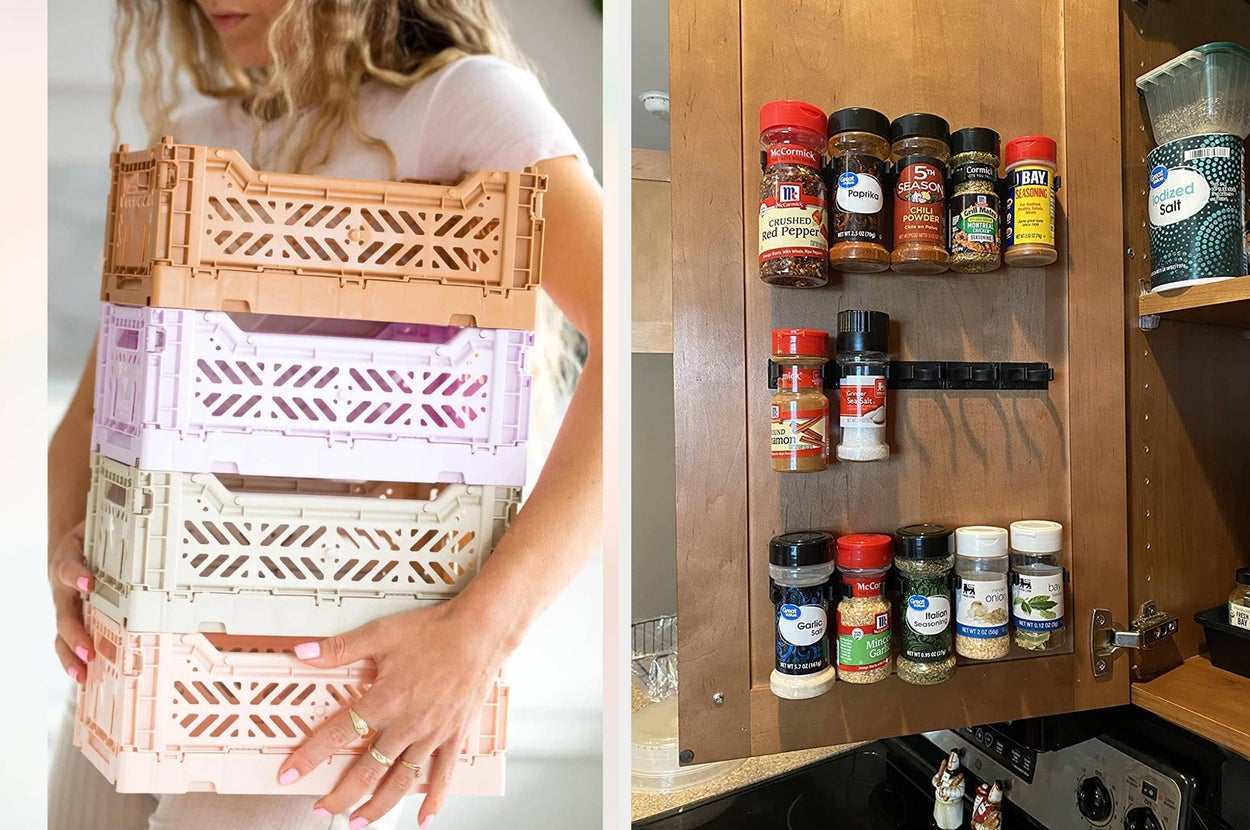I don’t know who first said that the media was “bringing fact-checkers to a culture war,” but I would love to give credit because that phrase explains why so much discourse goes off the rails. Political discourse, sure, but it applies to food, too. Fact-checking the agenda of the current administration is fish-in-a-barrel journalism.
Not that I won’t participate! (Next month: seed oils.) But trying to adjudicate the harms of food dyes (probably minimal) or the virtues of supplements (ditto) is unlikely to change anyone’s mind. Which raises the big question: What will change anyone’s mind? Health Secretary Robert F.

Kennedy Jr. speaks with President Donald Trump during a Cabinet meeting on March 24. Jabin Botsford/The Washington Post When we talk about mind-changing, we’re almost always talking about other people’s minds, but the best way to understand the problem is to think about your own.
Sure, Health Secretary Robert F. Kennedy Jr. believes all kinds of things that are unsupported by the evidence, but his extremity is an object lesson; we can all go down that road if we’re not careful.
There’s a little RFK Jr. in all of us. Chances are good you believe something about food that isn’t supported by the evidence.
And for one of the same fundamental reasons that RFK Jr. does: When it comes to food, we humans are hardwired to think that natural is better. And, often, it is! Eating a wide variety of foods in more or less their natural form is an excellent blueprint for a decent diet.
But lots of foods we think of as unnatural are just fine, and some foods that are natural could promote overeating (sugar), raise the risk of heart disease (think saturated fat) or increase blood pressure (salt). Not to mention the ones with dangerous toxins. Demonizing aspects of our food system that are unnatural but safe, and sometimes even beneficial, reinforces the hold that naturalness has on us.
So if you avoid genetically modified organisms, artificial sweeteners, bread with preservatives, high-fructose corn syrup, MSG and conventional produce, but embrace raw milk, grass-fed beef and anything organic, let’s talk. Why is “natural” so compelling to us? I asked Alan Levinovitz, whose book, “Natural: How Faith in Nature’s Goodness Leads to Harmful Fads, Unjust Laws, and Flawed Science,” answers that question. (Full disclosure: Alan is also my friend, because we’ve discovered that we both have an appetite for talking about these issues way past the point where other people are bored witless.
) “Natural is a simple heuristic for feeling like we’re eating things that are good for us,” he told me. “Especially right now, we see how human interventions can wreak havoc on the natural world, so it makes sense to assume that food produced by human intervention will wreak havoc on our bodies.” Look around, and you’ll see algae-clogged waters; chickens in tiny cages; foods with long, technical ingredient lists; and people struggling with obesity and disease.
The evidence of our food system’s problems are all around us, and the retreat into “natural” is an understandable reflex. People who care about their health (that’s most people) or the planet’s health (that’s fewer people) have a completely understandable and mostly rational desire to opt out of an industrialized food supply that is opaque and rife with processes and ingredients we don’t fully understand. “The appeal of natural foods is also our intuition, right or wrong, that we understand how those foods are created,” Levinovitz said.
“Feeling like we understand the supply chain and manufacturing process makes us feel like we have control, and we’re not at the mercy of a mysterious supply chain and an inscrutable manufacturing process.” Some people consider Veggie Sticks better for their health than potato chips. Deb Lindsey/photo, for The Washington Post The people selling you food know how appealing naturalness is.
That’s why food labels tend to lean into it. They have pictures of natural things like cows and vegetables, as well as things we associate with preindustrial agriculture like red barns and cute little tractors. The labels are green.
They are decorated with leaves. This is how we end up thinking that, somehow, Veggie Straws are better for us than potato chips. The problem, though, is that “natural” is an imperfect proxy for “good,” and using it creates a baby-and-bathwater situation.
But we do it anyway, “because we are looking to save cognitive labor, we need a simple heuristic for choosing what we eat rather than having to approach every decision individually,” Levinovitz told me. One of the problems with writing about a human tendency to believe stuff that’s not supported by the evidence is that I, too, am human. So is Alan Levinovitz, who said that writing or talking about this issue “sounds patronizing because it implies that I, the enlightened one, can handle the truth whereas other people, the simpletons, require easy reassurances.
” A vendor sells “Make Milk Raw Again” hats at the Homesteaders of America Conference held last October at the Warren County Fairgrounds in Front Royal, Virginia. Valerie Plesch, for The Washington Post But Alan and I have a luxury that most people don’t have. Our job is to know these things, and so we spend endless hours on mind-numbing detail, trying to figure out what’s actually true in our little slice of the world.
If we venture out into other slices, we do what everyone else does: rely on cognitive shortcuts and trusted sources. So, yeah, I can tell you if raw milk is more likely to make you sick than pasteurized milk (it is, by a lot), but don’t ask me about health-insurance overhauls or the climate impact of fast fashion or why everyone in Finland is happier than we are (although I could take a stab at that one these days). One of the most insidious aspects of the pull of naturalness is that parsing the evidence doesn’t exempt you from balking at perfectly safe products.
For me, there’s plant-based meats, which I wholly support and will gladly eat when someone else prepares them for me. But I have a strange, utterly visceral reluctance to cook with them because, well, ick. Two foods I find disgusting are margarine and American cheese.
Because, well, ick. It drives me nuts that peanut butter separates and you get oily stuff at the top of the jar and chalky stuff at the bottom, but I can’t bring myself to buy the stuff with emulsifiers. Obviously, that’s the little bit of RFK Jr.
in me. Making better decisions about the healthfulness of foods doesn’t require you to turn off your gut instincts; it only requires you to recognize them for what they are. “I love buying food at the farmers market,” Levinovitz told me, “but I try and separate that love from my assessment of its healthfulness and sustainability.
” Naturalness is not the only phenomenon that leads us down the garden path of food beliefs unsupported by the preponderance of the evidence. We can be led astray by other kinds of values, cultural affiliations and tribalism. And food gets intertwined with politics in ways that can make disagreements positively poisonous.
Which brings us full circle to the futility of bringing fact-checkers to a culture war. Unfortunately, that’s my job, and, generally, the job of journalism. So the fact-checking will continue until truth prevails.
Or hell freezes over, whichever comes first. We believe it’s important to offer commenting on certain stories as a benefit to our readers. At its best, our comments sections can be a productive platform for readers to engage with our journalism, offer thoughts on coverage and issues, and drive conversation in a respectful, solutions-based way.
It’s a form of open discourse that can be useful to our community, public officials, journalists and others. Read more..
. We do not enable comments on everything — exceptions include most crime stories, and coverage involving personal tragedy or sensitive issues that invite personal attacks instead of thoughtful discussion. For those stories that we do enable discussion, our system may hold up comments pending the approval of a moderator for several reasons, including possible violation of our guidelines.
As the Maine Trust’s digital team reviews these comments, we ask for patience. Comments are managed by our staff during regular business hours Monday through Friday and limited hours on Saturday and Sunday. Comments held for moderation outside of those hours may take longer to approve.
By joining the conversation, you are agreeing to our commenting policy and terms of use . More information is found on our FAQs . You can modify your screen name here .
Show less Please sign into your Press Herald account to participate in conversations below. If you do not have an account, you can register or subscribe . Questions? Please see our FAQs .
Your commenting screen name has been updated. Send questions/comments to the editors..
Food

Why we assume ‘natural’ food is better, even when it’s not

Like Robert F. Kennedy Jr., we can’t resist the idea that natural means good, even when the evidence doesn’t agree.















